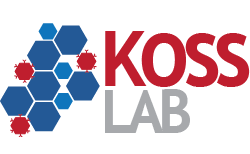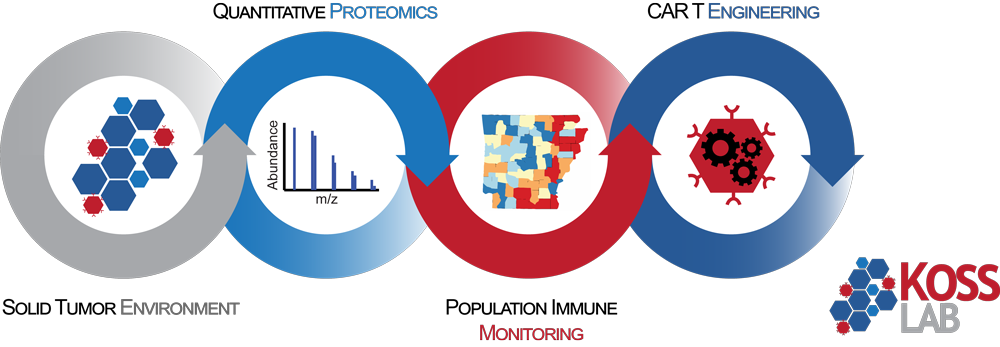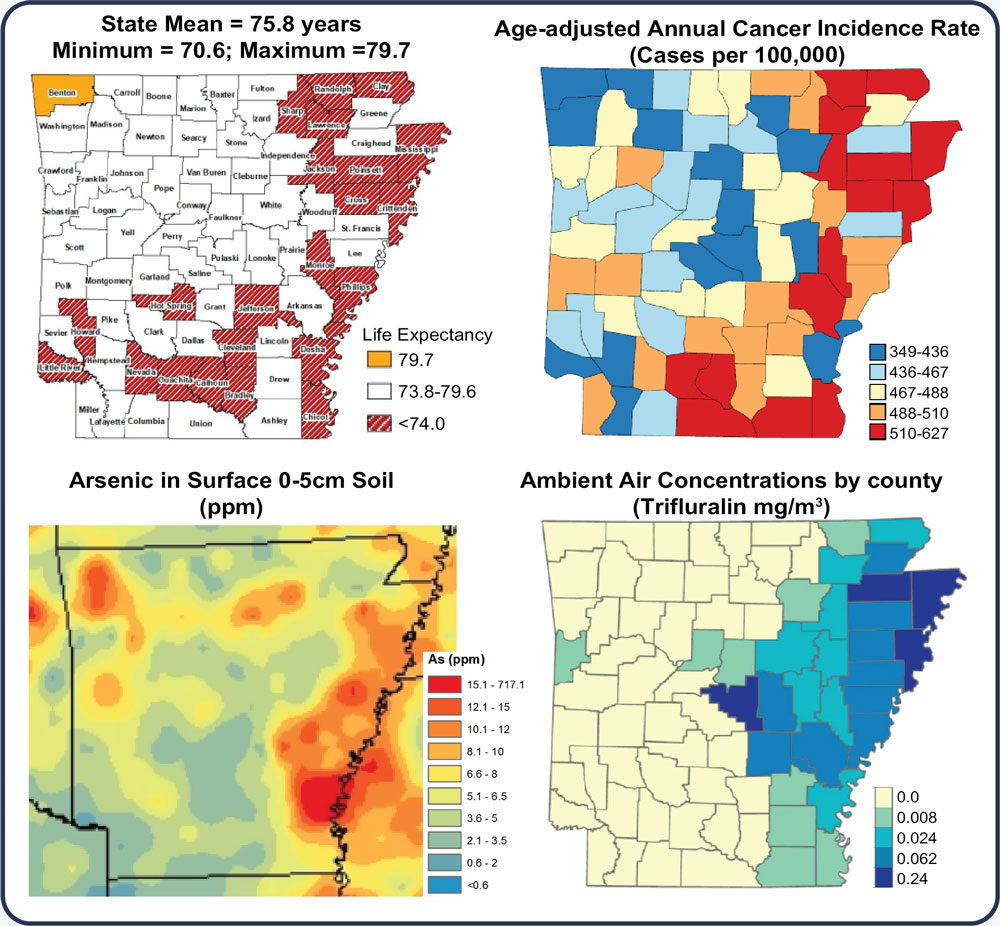Arkansas ranks 43rd in life expectancy, in part due to high cancer incidence, low preventive health screening, poor diet, and high environmental toxicant exposures (heavy metals, pesticides). Additionally, low population mobility results in prolonged environmental exposure and accelerated epigenetic age (DNA methylation informed), which correlate to diminished immune responses. How these factors impact the response to immune-based therapies for cancer has not been fully explored. The ability to predict a therapeutic benefit and the onset of immune-related adverse events (irAE) prior to treatment would undoubtedly extend lives. Dr. Koss and collaborators seek to leverage interdisciplinary expertise in epidemiology, aging, cancer biology, immunology, and bioinformatics to build the infrastructure required to study population immune signatures associated with immune checkpoint blockade (ICB) and Chimeric Antigen Receptor (CAR) T cell therapy response.



